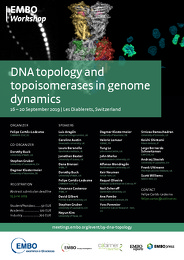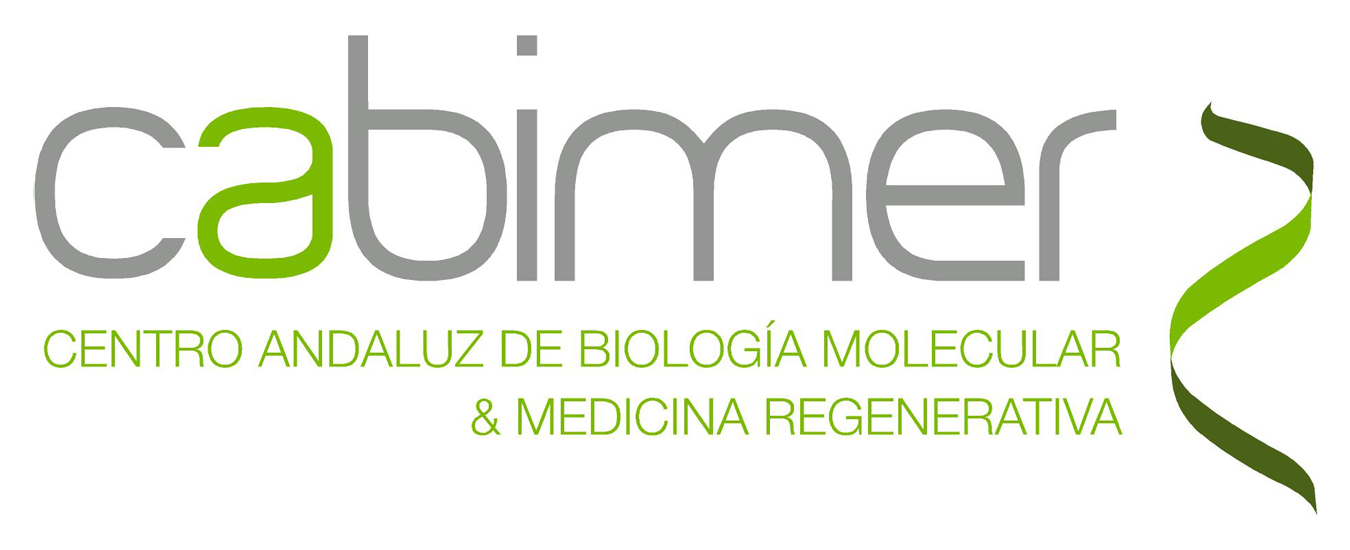About the Workshop
The helical structure of DNA and the dynamic organization of the entire length of the genome within a reduced cellular volume, inevitably result in topological challenges. Especially, as the genetic information is continuously accessed and manipulated for its expression, duplication, packing and distribution between daughter cells. These problems are solved by highly specialized nuclear enzymes, DNA topoisomerases, which change the topology of chromosomal domains by cutting, shuffling and re-ligating DNA strands. DNA topology and topoisomerase function are therefore inherent to all DNA transactions, playing thus a fundamental role in the organization and dynamics of the genome. Consequently, a full understanding of genome metabolism must necessarily consider the topological context in which these processes occur and how they are influenced and regulated by the action of DNA topoisomerases.
This EMBO Workshop is designed to cover, not only the basic and fundamental aspects governing DNA topology and topoisomerase function, but also to integrate this topological context within relevant processes of genome metabolism, including transcription, replication, chromosome segregation, genome architecture and repair. With this, we aim to provide a global view of how DNA topology and topoisomerase function act as keystones of genome organisation and dynamics.
The LS2 Satellite Meeting “DNA topoisomerases and DNA topology” for PhD Students and Postdocs will be held on 15-16 September 2019 at the same venue. This will provide young researchers in the field with the opportunity to present and discuss their work in a relaxed setting before the EMBO Workshop starts. First 20 registered students are free, while the remaining will only pay the hotel rates for the additional night & board.
For more information and registration for the LS2 Satellite Meeting “DNA topoisomerases and DNA topology” please visit: https://meetings.ls2.ch/topo2019
About EMBO Courses and Workshops
EMBO Courses and Workshops are selected for their excellent scientific quality and timelines, provision of good networking activities for all participants and speaker gender diversity (at least 40% of speakers must be from the underrepresented gender).
Organisers are encouraged to implement measures to make the meeting environmentally more sustainable.






